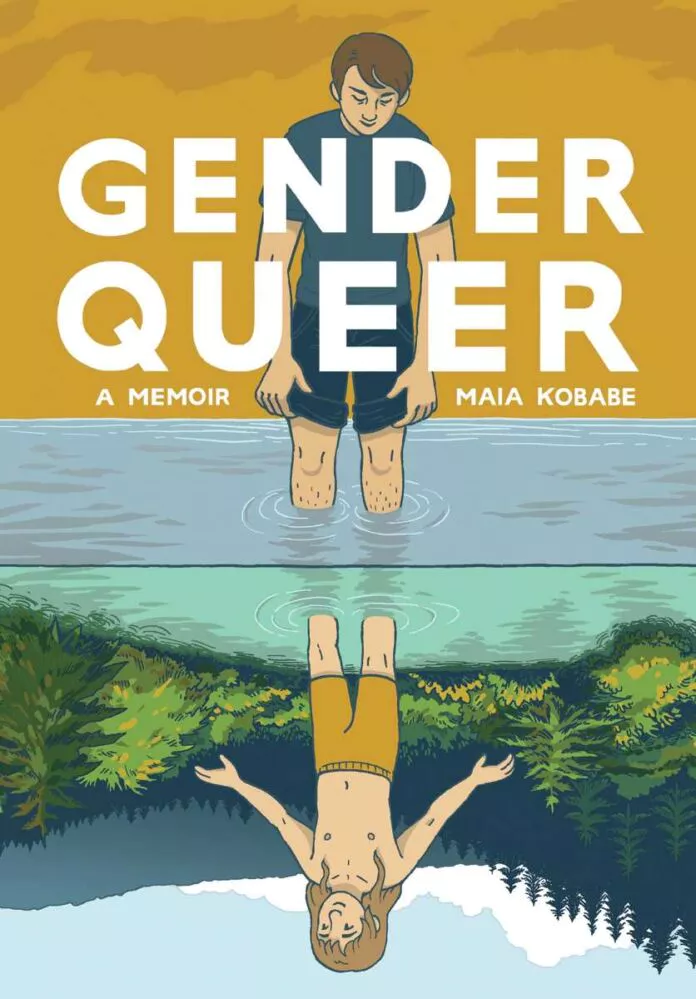In a society that values intellectual freedom, the censorship of books remains a contentious issue. The American Library Association’s (ALA) most recent report on the most banned and challenged books in the United States reveals a worrying trend of attempts to censor literature across library collections nationwide. The report, compiled by the ALA’s Office for Intellectual Freedom, sheds light on the number of attempts to censor books and the reasons behind them.
Topping the list of most banned books of 2022 is Maia Kobabe’s “Gender Queer: A Memoir”. The graphic novel/memoir faced an alarming 151 formal calls for censorship in libraries across the country. The book explores the author’s experience of being nonbinary and includes some confusing and graphic sexual encounters. Despite its critical acclaim and widespread appeal among readers, “Gender Queer: A Memoir” has been banned in 56 school districts.
Other books that made the list include George M. Johnson’s “All Boys Aren’t Blue”, which was challenged for its LGBTQ+ content and sexual explicitness. Toni Morrison’s classic “The Bluest Eye” also made the list for its depiction of sexual abuse and Equality/Diversity/Inclusion (EDI) content. Mike Curato’s debut Young Adult graphic novel “Flamer”, based on his own experiences as a gay Filipino-American, was also challenged for its LGBTQ+ content and sexual explicitness.
What these books have in common is that they provide a platform for marginalized voices, particularly those of LGBTQ+ individuals, and tackle issues that are often considered taboo or uncomfortable. The fact that these books have been singled out for censorship demonstrates how far society still has to go in terms of acceptance and inclusion.
The censorship of LGBTQ+ books has a direct impact on young readers. For many LGBTQ+ youth, finding literature that reflects their experiences can be life-changing. These books provide representation and validation that is often hard to find elsewhere. To remove them from library collections sends a message to these young people that their stories are not valid or worthy of being heard.
While the ALA’s report sheds light on the ongoing battle for intellectual freedom, it is important to recognize that these challenges are not isolated incidents. They represent a broader societal issue of marginalization and discrimination. Through continued advocacy and open dialogue, we can work towards a future where every person’s story is valued and celebrated.
As we continue to push for progress and acceptance, it is crucial to remember the power of literature in shaping our perspectives and understanding of the world. The censorship of books does not just silence individual voices; it restricts our ability to learn, grow, and empathize. By fighting against censorship, we are fighting for a more inclusive and compassionate society for all.

